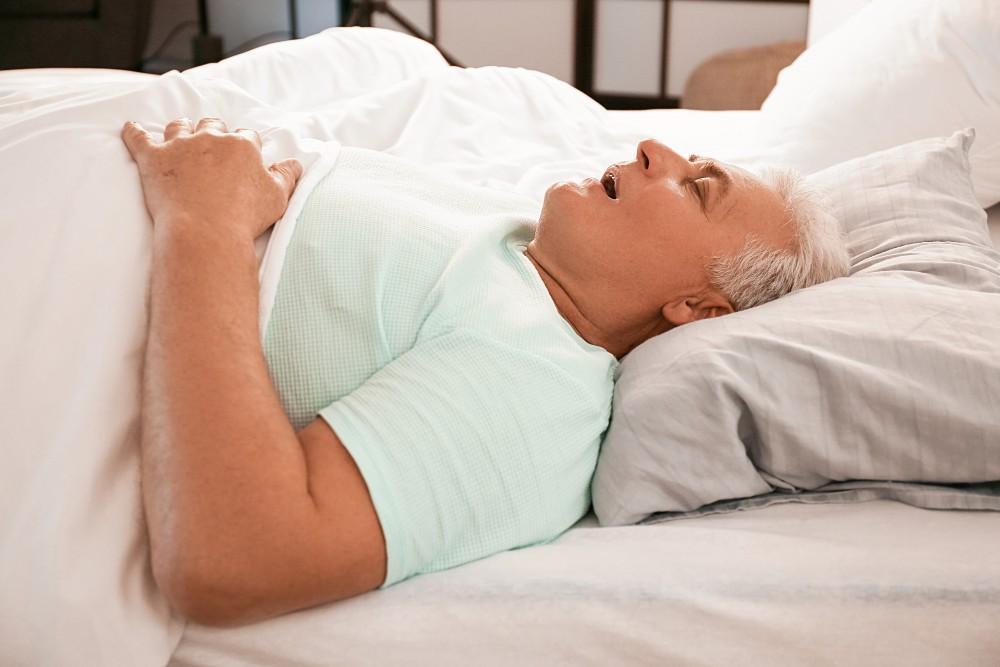Introduction Snoring is often dismissed as a minor annoyance, but it can sometimes be a sign of a more serious condition: obstructive sleep apnea (OSA). Sleep apnea occurs when the airway becomes partially or completely blocked during sleep, leading to interrupted breathing, low oxygen levels, and fragmented sleep. While not all snorers have sleep apnea, loud, frequent snoring is one of the most common warning signs. Understanding the link between snoring and sleep apnea—and knowing when to get tested—is crucial for long-term health and well-being. This article explores the connection between snoring and sleep apnea, key symptoms, risk factors, and…
-
-
Introduction Sleep is essential for overall health, but when it’s interrupted by breathing problems, it can have serious consequences—especially for the heart. Sleep apnea, a common and often undiagnosed sleep disorder, does more than just cause fatigue. Research has clearly shown a strong link between sleep apnea and heart disease, including high blood pressure, arrhythmias, heart failure, stroke, and even sudden cardiac death. Understanding this connection is vital for early diagnosis and treatment, potentially reducing the risk of life-threatening cardiovascular complications. 1. What is Sleep Apnea? Sleep apnea is a condition where breathing repeatedly stops and starts during sleep. There…
-
Understanding Sleep Apnea Sleep apnea is a disorder in which breathing repeatedly stops and starts during sleep. The most common type is obstructive sleep apnea (OSA), where the airway becomes blocked or collapses during sleep, leading to brief periods of stopped breathing (apnea). Another type, central sleep apnea, occurs when the brain fails to send the proper signals to the muscles that control breathing. Symptoms of sleep apnea include loud snoring, gasping for air during sleep, daytime fatigue, and difficulty concentrating. The condition is often underdiagnosed, as many people are unaware of their symptoms, which primarily occur during sleep. Risk…
-
Introduction: Sleep apnea is a common sleep disorder characterized by pauses in breathing or shallow breathing during sleep. While it primarily affects breathing patterns, sleep apnea can also have significant implications for throat health. In this blog, we’ll explore how sleep apnea impacts throat health and discuss treatment options for managing this condition. Sleep Apnea Effects on Throat Health: Sleep apnea can affect throat health in several ways, primarily due to the repetitive obstruction of the upper airway during sleep. Here are some of the key effects of sleep apnea on throat health: Throat Tissue Inflammation: The repeated collapse…
-
Introduction: Sleep apnea is a common sleep disorder characterized by pauses in breathing or shallow breathing during sleep. While sleep apnea primarily affects breathing patterns and oxygen levels during sleep. It can also have significant implications for throat health. In this blog, we explore how sleep apnea affects the throat, including its impact on throat health and the available treatment options for managing this condition. Impact on Throat Health: Throat Tissues and Structures: During episodes of sleep apnea, the upper airway becomes partially or completely blocked. Leading to disruptions in breathing. These blockages can result from the relaxation of…


